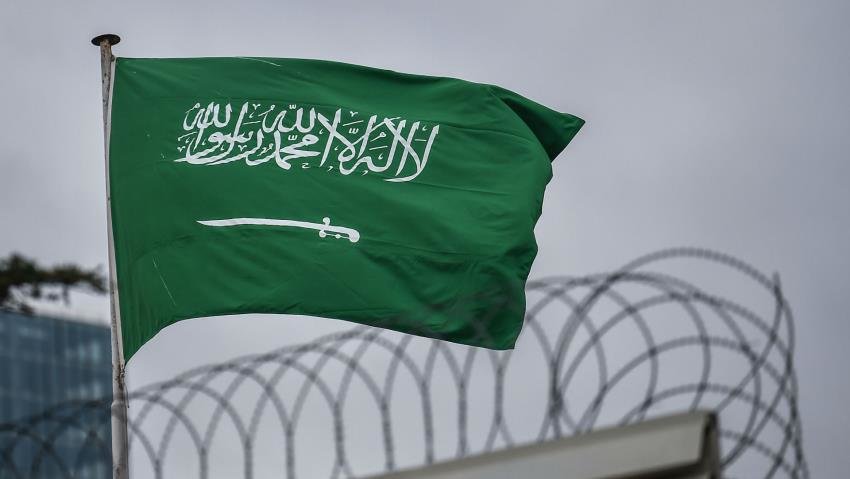Riyadh regime had U.S. green light for mass executions: Ansarullah

TEHRAN- Yemen’s Houthi Ansarullah movement has strongly condemned Saudi Arabia over beheading 37 of its nationals, stressing the Riyadh regime had the U.S. carte blanche for the “heinous” mass executions.
The political bureau of the movement, in a statement, said the sentences were carried out because the individuals had committed no sin other than reject Al Saud’s injustice and tyranny.
The statement highlighted that the policy of killing and suppression of people with an iron fist is a criminal approach long being exercised by the Saudi regime, adding that the ruling family in Riyadh has resorted to such a practice in a bid to cling to power, Press TV reported.
“The history of the Saudi regime is awash with criminality. Brutal crimes being committed by the Saudi regime against its own nationals and other nations are a proof for its downfall and moral bankruptcy ... Without support from America, the Saudi regime would not have dared to commit such crimes,” Ansarullah pointed out.
The Yemeni movement then called upon all freedom-loving people around the world to reject Saudi Arabia’s repressive and aggressive policies, and to criminalize the Riyadh regime’s suppression of its own people as well as its ongoing atrocious military onslaught against Yemen.
The Arabic-language Saudi daily newspaper Okaz, citing a statement issued by the interior ministry, reported that the executions were implemented Tuesday “on a number of culprits for adopting extremist terrorist ideologies and forming terrorist cells to corrupt and disrupt security as well as spread chaos and provoke sectarian strife.”
The statement added that the executions took place in the capital Riyadh, the Muslim holy cities of Mecca and Medina, the central province of Qassim, oil-rich and Shia-populated Eastern province and the kingdom’s southern province of Asir.
Amnesty International later censured the mass executions, saying they mark an alarming escalation in Saudi Arabia’s use of the death penalty.
It added that among those put to death was a young Shia man, identified as Abdulkareem al-Hawaj, who was convicted of offenses related to his involvement in anti-regime protests that took place while he was under the age of 16.
“Today’s mass execution is a chilling demonstration of the Saudi Arabian authorities’ callous disregard for human life. It is also yet another gruesome indication of how the death penalty is being used as a political tool to crush dissent from within the country’s Shia minority,” said Lynn Maalouf, the Middle East Research Director at Amnesty International.
